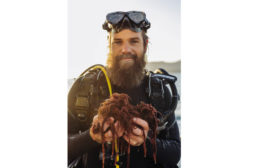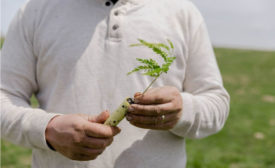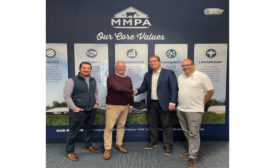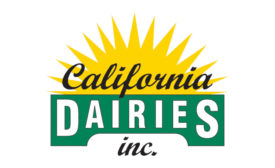Home » Keywords: » carbon footprint
Items Tagged with 'carbon footprint'
ARTICLES
Dairy Foods visited four Emerald Isle dairies in July.
Read More
Organic Valley embarks on project to sequester carbon
Organic Valley Carbon Insetting Program (OVCIP) is doubling in size with the aid of a U.S. Department of Agriculture Climate-Smart Commodities grant and is already winning awards, like three placings in Fast Company's World Changing Ideas program.
September 6, 2023
MMPA to help transform dairy byproduct into the world's lowest carbon-intensity ethanol
Partners with Canadian Dairy Distillery to add to the biofuel supply for cars and trucks.
May 23, 2023
California Dairies invests in livestock carbon marketplace
Athian provides livestock producers with economic incentives for on-farm sustainability practices, while helping improve global food system sustainability and reducing climate warming.
May 3, 2023
IFF introduces system for ice cream manufacturers
CREMODAN GREENPRO 101 Modulator Enhanced System, which is designed for ice cream manufacturers who seek to maintain the indulgent quality of their products in a cost-effective manner.
April 12, 2023
Wyke Farms carbon-neutral Aged English Cheddar expands availability in U.S.
Ivy's Reserve aged up to 18 months under wood to produce complex flavor.
March 28, 2023
‘Green up’ your dairy packaging
Consumers — millennials and younger consumers, in particular — are prioritizing packaging sustainability and are willing to pay for it.
June 17, 2021
Packaging
Sustainability and packaging solutions for processors of dairy foods
April 12, 2012
Stay ahead of the curve. Unlock a dose of cutting-edge insights.
Receive our premium content directly to your inbox.
SIGN-UP TODAYCopyright ©2025. All Rights Reserved BNP Media.
Design, CMS, Hosting & Web Development :: ePublishing












